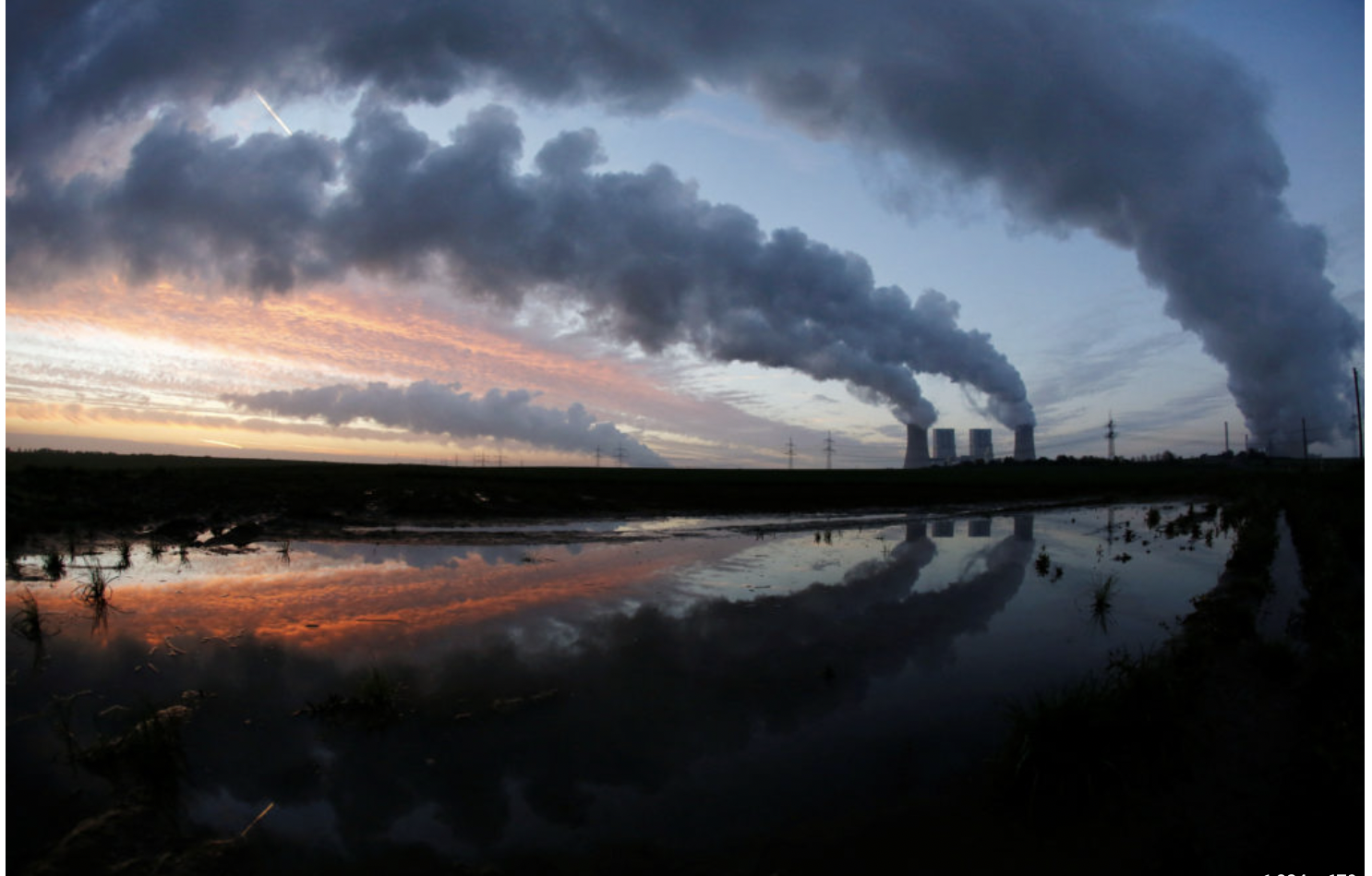Climate change is one of the greatest challenges facing our world today and is acknowledged to be a result of long-term shifts in temperatures and weather patterns. Though this shift can be natural due to changes such as the sun’s activity or significant volcanic eruptions, however, the United Nations has said that since the 1800s, human activities have been the main driver of climate change, primarily due to the burning of fossil fuels like coal, oil and gas and deforestation.
The burning of fossil fuels produces gases that trap heat in the atmosphere. This causes the planet to warm up, leading to rising sea levels, more frequent and intense heat waves, natural disasters, and the extinction of many species.
Climate change is a complex and multifaceted issue, and it can be difficult for the average person to separate fact from fiction.
Climate disinformation takes many forms, from outright denial of the existence of climate change to more subtle tactics, such as misrepresentation of scientific data or cherry-picking facts that support a particular agenda. Social media exacerbates this problem by providing a platform to amplify false information and conspiracy theories, where these false claims can quickly go viral and reach millions of people within a short time.
Advertisement
Recently, while on a climate fact-checking fellowship by Code For Africa (CFA), I had the privilege of debunking climate-related disinformation by social media users, thought leaders, and influencers in society. The project was an eye-opening experience, both in terms of the scale of climate disinformation shared by influencers and how unsuspecting online users engage and share these claims.
Despite the overwhelming scientific evidence for human-caused climate change, some still deny its existence or downplay its severity. Therefore, there is an increasing need for journalists and fact-checkers to constantly sift through the noise of social media to identify claims that are either misleading or outrightly false.
Between September 2022 and May 2023, while the climate fact-checking fellowship lasted, thirty-six claims were identified and debunked. It was important to combat falsehood, distortions, and conspiracy theories that serve as stumbling blocks to climate actions. More importantly, I realised how climate disinformation erodes global contributions and efforts towards establishing behavioural changes that could heal the environment, and save it from huge devastation, merely by promoting accurate information.
Advertisement
Furthermore, it is worrisome that despite the adverse effect of climate change across the world, climate matters are still not on the front burner in many African nations, where political instability, poverty, and infrastructure development are still of immediate concern over long-term environmental issues.
However, while climate issues may not be a top priority in many parts of Africa – as they are mostly discussed among climate activists, the media, and political leaders – unfortunately, disinformation which misrepresents scientific data and concepts keeps infiltrating social media platforms.
From my experience, I have discovered that climate disinformation is not only being fueled by the uneducated, but those who are well-read also flagrantly deny the need for climate emergency, or the link between climate change and drought, flooding, heat wave, and wildfire. Some even say that climate change is an attempt by the government to control people, while others say geoengineering is the major cause of climate change.
Genuinely, there is a growing concern that climate change denials could be often fueled by powerful interests, such as the fossil fuel industry, which stand to lose profits as the world transitions from fossil fuels to cleaner energy, undermining efforts to address this global crisis.
Advertisement
The effects of climate disinformation are far-reaching and dangerous. It undermines public trust in science and makes it harder to build political will for climate action. It also leads to confusion and apathy among the public, who may feel overwhelmed or uncertain about what they can do to address the problem, or what to even believe in the first place.
Looking forward, I believe fact-checking will continue to play a germane role in countering and suppressing climate disinformation as the impacts of climate change become increasingly apparent. As individuals and as a society, we have roles to play. We can support policies that reduce our dependence on fossil fuels, promote clean energy, make changes in our daily lives to reduce our carbon footprint and commit to promoting science-based facts over political bias.
We cannot afford to let disinformation stand in the way of progress!
In conclusion, there is a need for greater synergy between research scientists, fact-checkers and environmental journalists. Climate issues are scientific and do require up-to-date research publications and expert opinion, which many journalists do not easily come by to timely debunk trending disinformation. Sometimes, the time taken to interview an expert to get a fact-based opinion provides the necessary fuel for misleading claims to become viral, hence, the fact check, when eventually produced, at best, will only be playing catch-up.
Advertisement
You can reach Lanre on Twitter @Lanre_Olagunju
Advertisement
Views expressed by contributors are strictly personal and not of TheCable.







